
The Mafia and Me: Reflections on Being Italian
By Michael Parenti
Michael Parenti’s recent books include: "The Face of Imperialism" (Paradigm, April 2011); "God and His Demons"; (Prometheus, 2010); "Democracy for the Few" 9th ed. (Wadsworth, 2010); "Contrary Notions: The Michael Parenti Reader" (City Lights, 2007). For further information, visit: www.MichaelParenti.org.
Like many others of Italian-American heritage, I experienced some discomfort when in 1951 Senator Estes Kefauver, a Democrat from Tennessee, launched his highly publicized investigation into the organized rackets, uncovering scores of thugs with Italian surnames. Subsequent decades produced an endless parade of such rogues whose mugs were repeatedly splashed across the print and broadcast media.
I must admit that when it came to names, the mafia operatives really had them: Lucky Luciano, Scarface Al Capone, Sammy the Bull Gravano, Joey Bananas Bonanno, Crazy Joey Gallo, Jimmy the Weasel Fratianno, Sonny Red Indelicato, and Sonny Black Napolitano.
One could go on with Joey Kneecap Santorielli, Johnny Bingo Bosco, Itchy Fingers Zambino, Big Paulie Castellano,and Lupo the Wolf Saietta. Also Johnny Blind Man Biaggio, Vinny Gorgeous Basciano, and Fredo the Plumber Giardino.
Finally, none of us will ever forget Anthony Chicken F**ker Bastoni (don’t ask).
Then there were the dons who needed no monikers. Their unadorned Christian names struck sufficient terror in the hearts of their “clients,” such notables as Frank Costello, Vito Genovese [no relation to the historian Eugene Genovese], and Carlo Gambino.
Listed in the crime reports was one mafia boss from Philadelphia named Angelo Bruno. The name caught my eye. I knew something about him. Years earlier in Washington D.C., I had a conversation with a good friend of mine, Michael Maggio. Michael was a political progressive, an award-winning, nationally recognized lawyer dedicated to fighting for social justice.
He devoted much energy in struggling for the rights of immigrants who were fleeing from the U.S.-sponsored counterinsurgency in Central America. Michael was a highly regarded humanitarian who stood up to the Washington autocrats. On one occasion he publicly compared the Immigration and Naturalization Service to “Dante's rings of hell.”
Along with being a fighter for the downtrodden and a genuinely nice person, Michael was one of the best Italian cooks I ever met. He could produce platters of the finest Southern Italian meals, as delizioso as anything my grandmother or my father created.
One day in the mid-1980s, as I sat with him in his Washington office, Maggio revealed to me that Angelo Bruno, the Philadelphia mafia don, was his uncle. He went on to say that Mario Puzo, author of The Godfather, the best-selling novel that was made into a smash-hit movie, had modeled his lead character Don Corleone after Angelo Bruno.
Michael claimed (accurately) that his Uncle Angelo had refused to deal in narcotics and sex trafficking, just like Don Corleone in the movie. For awhile Bruno also displayed an ability to keep the peace within the Philadelphia mafia. But because he was unwilling to enter the lucrative narcotics racket, he was blasted into a premature grave by some of the hungry younger guns who wanted a piece of that action.
“If there was ever such a thing as a nice mafia boss,” Michael Maggio ventured, “it was my Uncle Angelo.” Well, there is no such thing as a nice mafia boss once you look at their operations on the ground. In The Godfather movie Don Corleone is just magically prosperous. We don’t hear about the crimes he commits in order to live in the style to which he had grown accustomed.
In the real world Angelo Bruno—even if he eschewed narcotics and sex trafficking—was up to his ears in gambling, bootlegging, hijacking, loan sharking, and the protection racket. He tried to keep the peace but when he had to come down hard in order to collect, he did. All this said, when I came across Bruno’s name in the official crime listings, his designated nickname was The Gentle Don.
Michael would have liked that. Too bad he never lived to hear his uncle so benignly described. Although Michael kept himself in good shape, he tragically died in 2008 at the age of sixty, at the height of his valiant but very taxing career as a fighter for friendless political refugees.
One might wish that the media gave more attention to the courageous struggles for social justice waged by Italian Americans like Michael Maggio, and a little less exposure to the mafia dons, be they “gentle” or not.
Let’s go back to the aftermath of the Kefauver hearings. America, O America, God’s glorious but ever besieged country, was in the grip of an organized crime network that threatened to destroy the very fabric of our society, or so we were repeatedly alerted. In fact, what the mafia bosses stole from the public was a pittance compared to the hundreds of billions of dollars that Corporate America regularly plundered from workers, consumers, small investors, and taxpayers.
This went largely unnoticed in all the hoopla. That Congress actually attempted to confront the mafiosi was proof enough that these hoodlums were men of limited power. They did not sit on the governing boards of corporations, banks, investment houses, foundations, universities, museums, and churches as do the “captains of industry and finance.” They could not buy Capitol Hill, the way the big corporations and financiers have repeatedly done.
Unlike the boardroom plunderers, the mafiosi did not occupy high positions in Washington or on Wall Street. They didn’t cavort with the top White House decision-makers and Pentagon contract fixers with their million-dollar kickbacks and mysterious billion-dollar budgetary evaporations.
The mafia dons did not relax or play golf with the paladins of wealth as did Dirty Dickie Cheney, or Georgie the Blood Sucker Bush, or Slick Willie Clinton, or Barack Legs Obama, or Bernie Two-Faced Madoff, or Jack Casino Abramoff, or Andy Fasthands Fastow or Ken the Weasel Lay.
Now that’s organized crime: the policymakers, not the bookmakers; the banksters, not the gangsters.
The uneducated mafia thugs never did get near the real money. As already noted, they had to content themselves with small-time scams, numbers rackets, loan sharking, cargo thefts, extortion—even pathetic exploits like busting open parking meters for the coins. If they had a corrupting influence on public officials, it was usually at the local level and in a limited sphere.
Besides being small-time, these few hundred villains composed but a tiny sliver of an Italian American population estimated at over fifteen million people, but this datum was lost in all the media hype. In the American psyche, the thugs became representative of the many millions of Italian Americans who were and still are predictably, accurately, and fruitlessly described as decent, hardworking, law-abiding citizens.
This phrase repeated again and again like a desperate mantra—decent, hardworking, law-abiding citizens—was no match for the romanticized Hollywood makeover given to Don Corleone, who makes you an offer you can’t refuse and who along with Tony Soprano implants himself in the public imagination as a rough, tough, but basically decent and even loveable patriarch.
Years ago I was being interviewed for a teaching job at an east coast university. The interview was being conducted by the president and the dean of the school. The three of us got into a discussion about the sociology of the family. I mentioned that the family for many ethnic groups and low-income people in general functioned as a unit of survival, for instance, the Italians.
Ah yes, the Italians, chimed the president and the dean, suddenly keenly aware of my ethnic background. The two of them immediately launched into a discussion about Italians, referring not to the rich Italian American historical and sociological literature—of which they were ignorant--but to the movie The Godfather! In almost sentimental singsong fashion, they went on about how closely knit the gangster family was and how important such loyalty was for the risky ventures pursued.
Uh no, I tried to say, um, excuse me, those are not the Italians I’m referring to. For me the conversation was not going well. But they persisted. Having seen the movie, they could speak with expert confidence. They even took kindly care not to mention the numerous brutal murders and assaults that must have composed the more stressful side of my Italian family life as they imagined it.
I found myself thinking that I might just slip out into the parking lot and slash their tires—if only to give some real-life confirmation to the pictures in their heads.
More recently, I was sitting with a group of friends who were discussing the difficulties encountered when naming ethnic groups. Should people from Latin America be called Latinos or Hispanics or Latin Americans? And should people of African heritage be called African American or black or mixed race?
At one point I interjected: “People of my ethnic group are still trying to get labeled Italian American [pause] instead of mafiosi.” It got some sympathetic laughs.

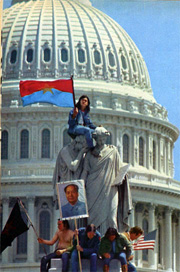


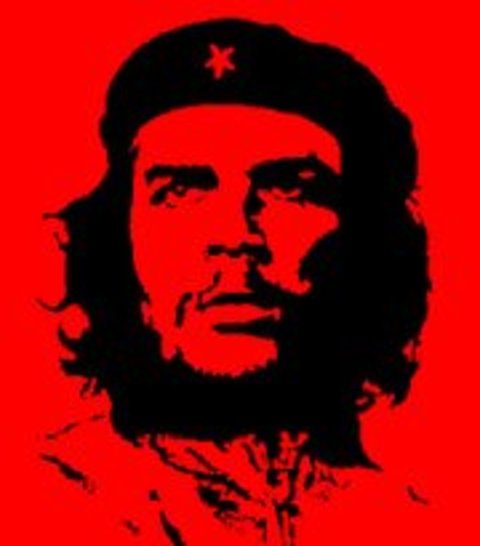

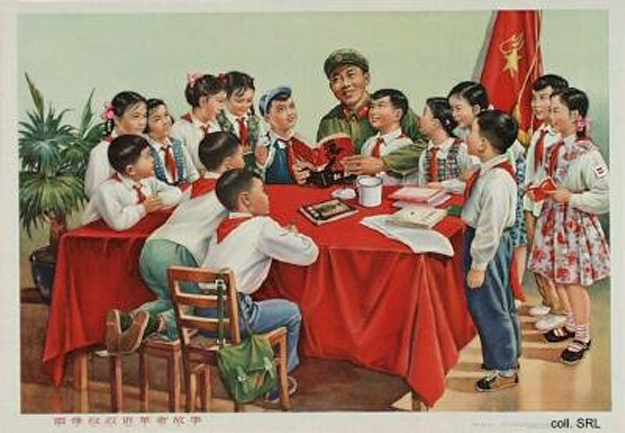




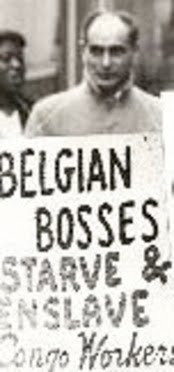
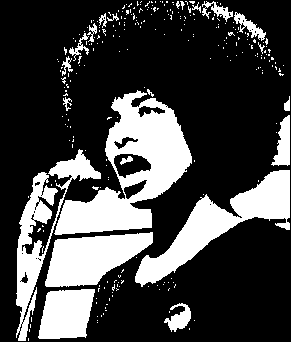
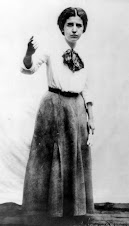

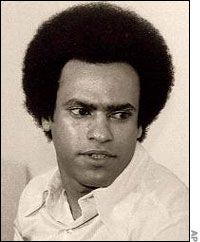


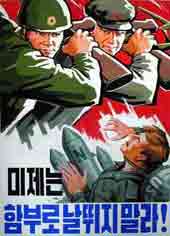
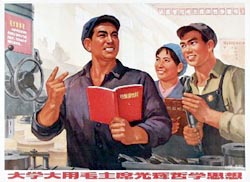
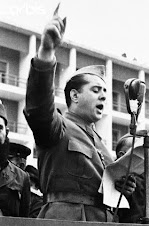


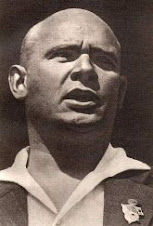
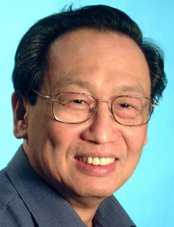
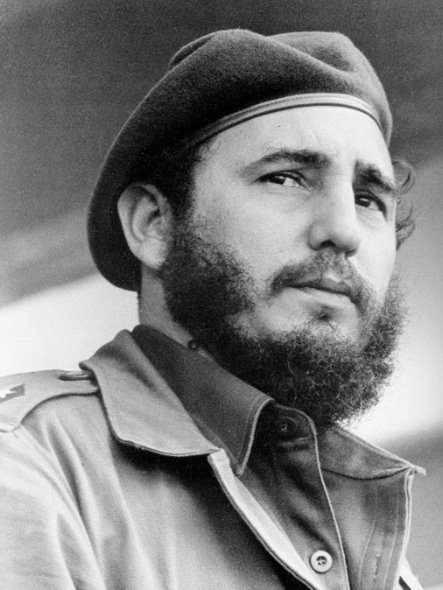
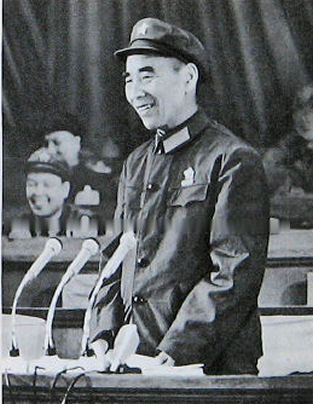

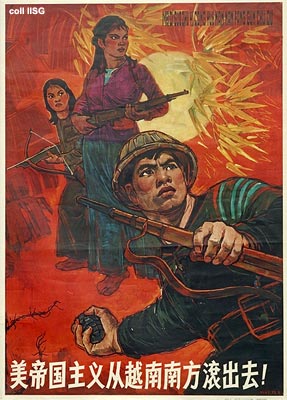

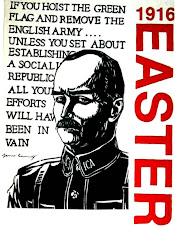

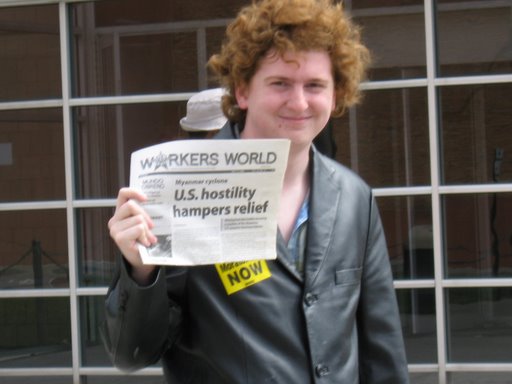
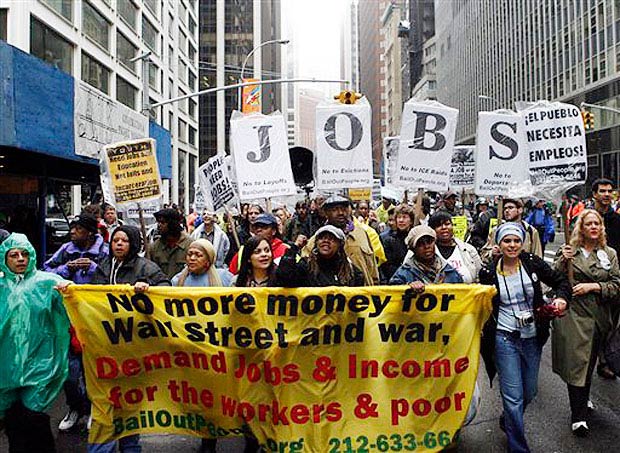
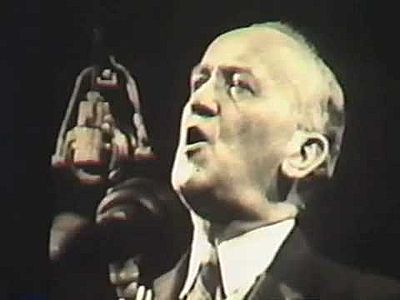

No comments:
Post a Comment